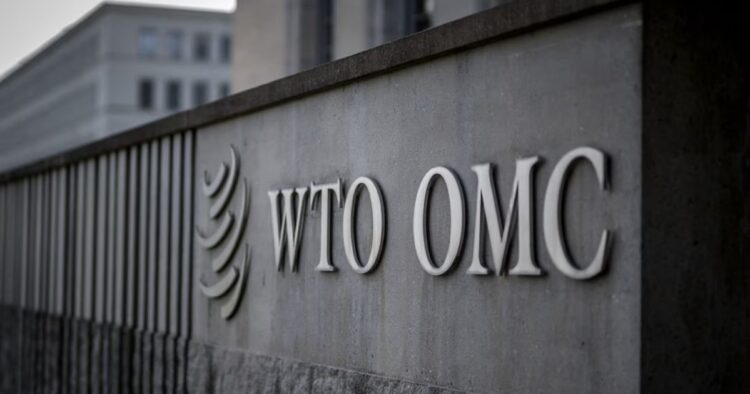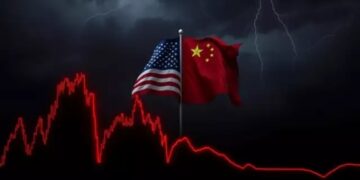In a recent meeting held at the World Trade Organization (WTO) in Abu Dhabi, Bharat raised serious concerns regarding the growing trend of trade protectionism, especially under the guise of environmental protection by certain countries. The country emphasized the need for flexibility in existing WTO agreements to address the constraints faced by developing nations in their industrialization efforts. Commerce Secretary Sunil Barthwal highlighted the challenges posed by the European Union’s (EU) decision to impose a carbon tax on sectors like steel and fertilizers, as well as the adoption of deforestation regulations. These measures could adversely affect Bharat’s exports, particularly in sectors like iron, steel, and aluminum, which have a significant share in its trade with the EU.
The Carbon Border Adjustment Mechanism (CBAM), slated to be implemented by the EU from January 1, 2026, poses a substantial concern for Bharat. This mechanism, effectively a carbon tax, will impose a 20-35% tax on select imports into the EU, affecting key sectors like steel, cement, fertilizers, and hydrocarbon products. Given that Bharat’s exports of iron ore pellets, iron, steel, and aluminum products to the EU accounted for $7.4 billion in 2023, the CBAM could significantly impact its trade interests in the region.
Furthermore, Bharat expressed apprehension regarding the blending of longstanding development issues with new trade and industrial policies by developed countries. Secretary Barthwal cautioned against mixing non-trade topics such as gender and MSMEs (Micro, Small, and Medium Enterprises) with WTO rules, suggesting that such issues are better addressed through targeted national measures rather than international trade regulations. He also highlighted the risk of greater trade fragmentation resulting from the inclusion of non-trade issues in WTO discussions.
The adoption of deforestation regulations by the EU in May 2023 further compounds Bharat’s concerns, particularly affecting its exports of products like coffee, leather hides, and paperboard, valued at $1.3 billion annually to the European Union. Bharat sees these unilateral measures and the erection of non-trade barriers by developed countries as detrimental to the trade interests of developing nations.
Bharat’s participation in the 13th ministerial conference of the WTO underscores its commitment to addressing these pressing issues on the global trade agenda. The country advocates for a balanced approach that safeguards the interests of all member states while promoting sustainable development and inclusivity in international trade relations. As discussions continue within the WTO framework, Bharat remains vigilant in protecting its trade interests and ensuring a fair and equitable global trading system.

















Comments